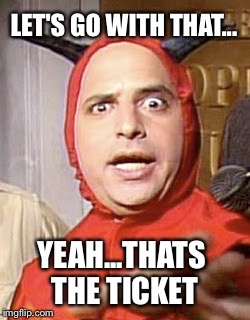- Mar 11, 2015
- 77,778
- 36,551
- 2,330
- Thread starter
- #1,881
I’m going to guess you don’t have much and want to blame others for your failures.I didn’t get any handouts. I had to work for everything I have.I didn't get a hand out. Did you get a hand out?
Of course you didn't.

Well you guessed wrong. That is the problem with whites like you who are dumb. I don't have to be a failure, poor, destitute and miserable to oppose your mother fucking racism.



